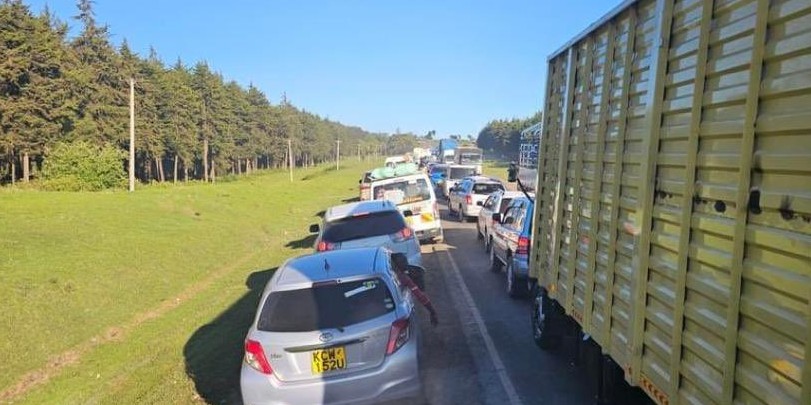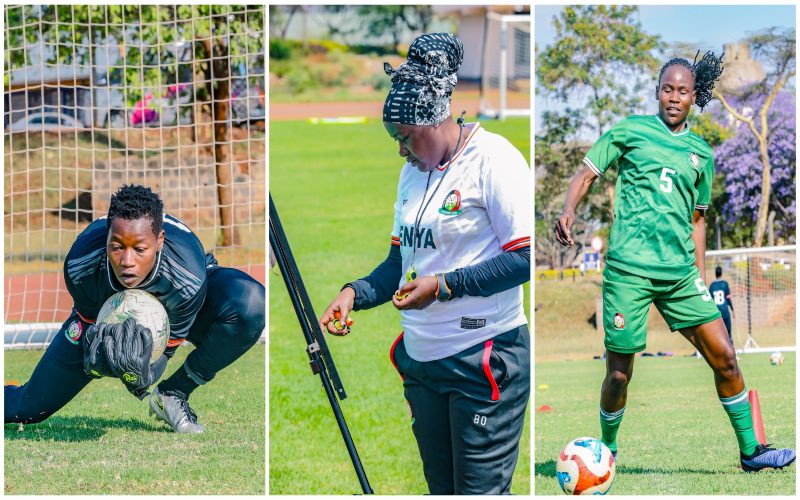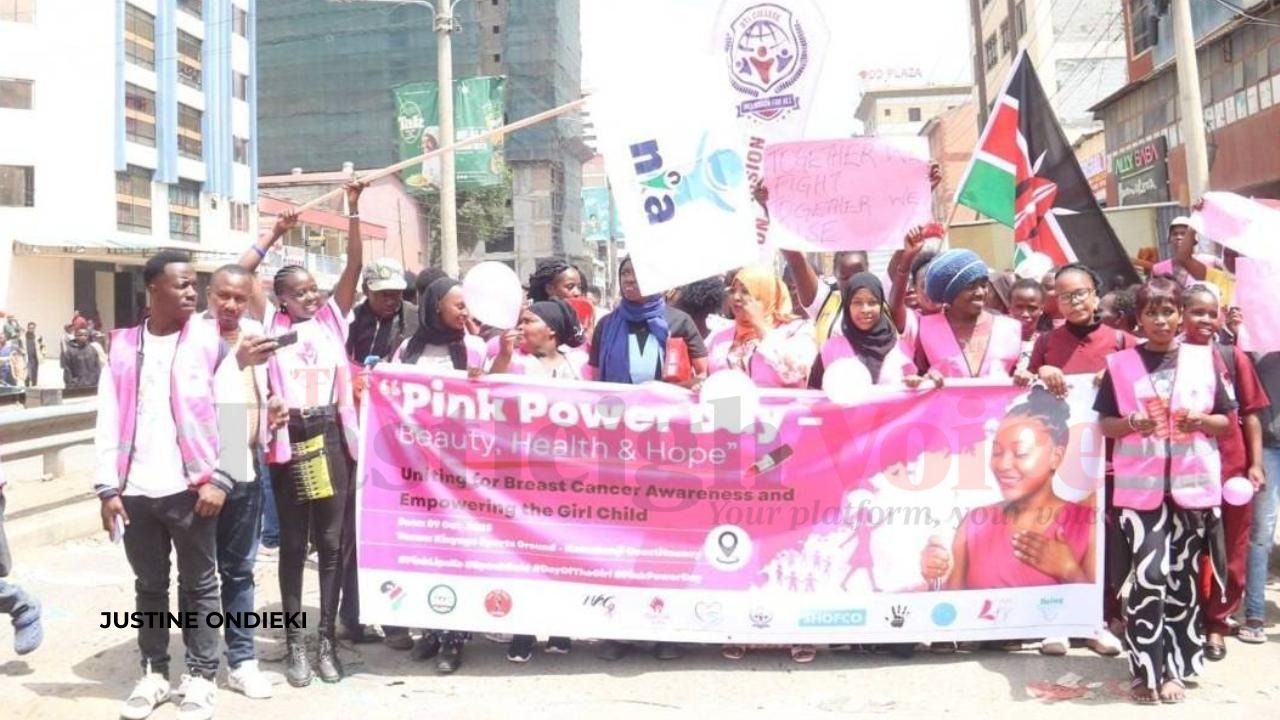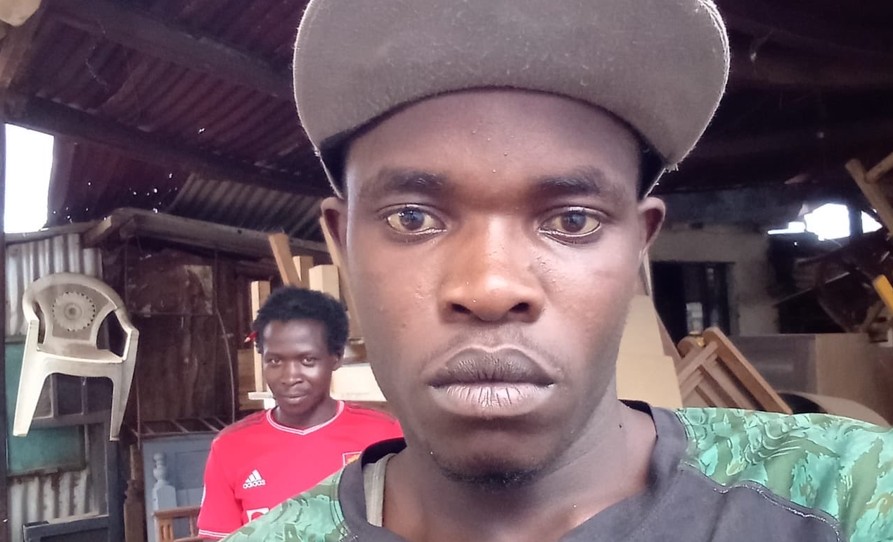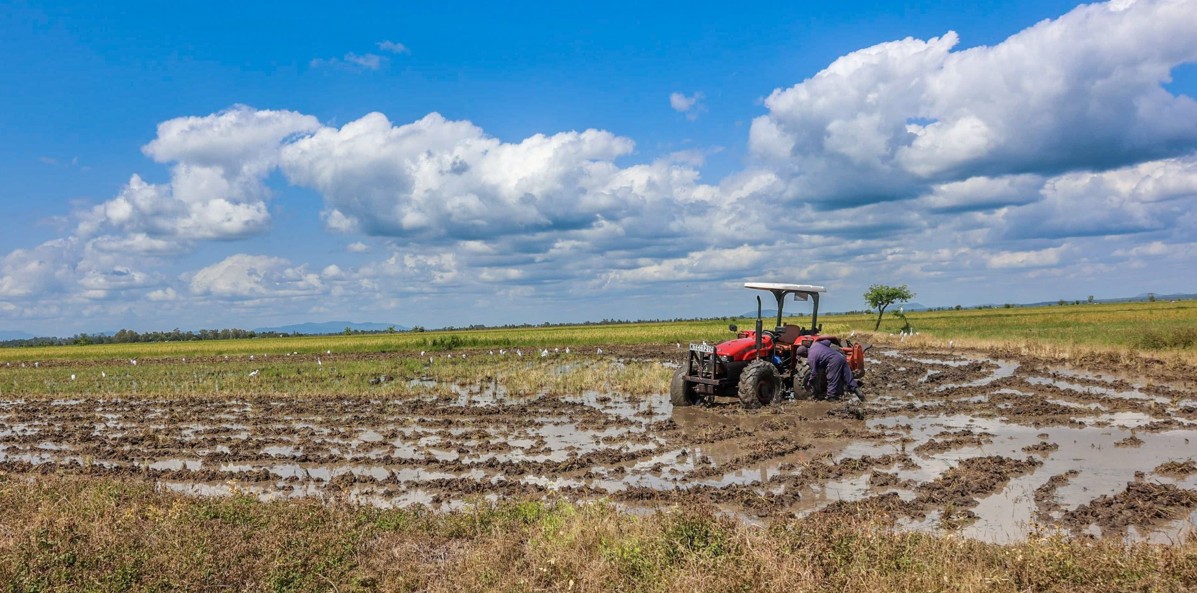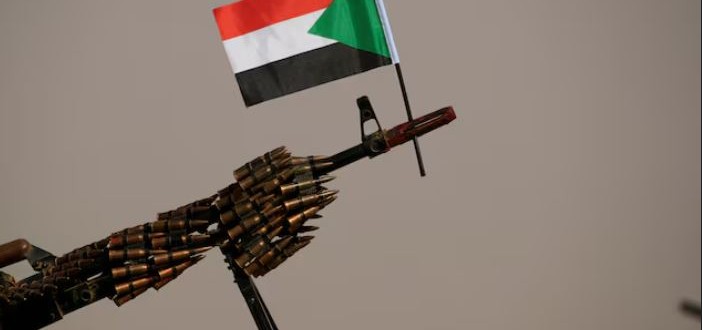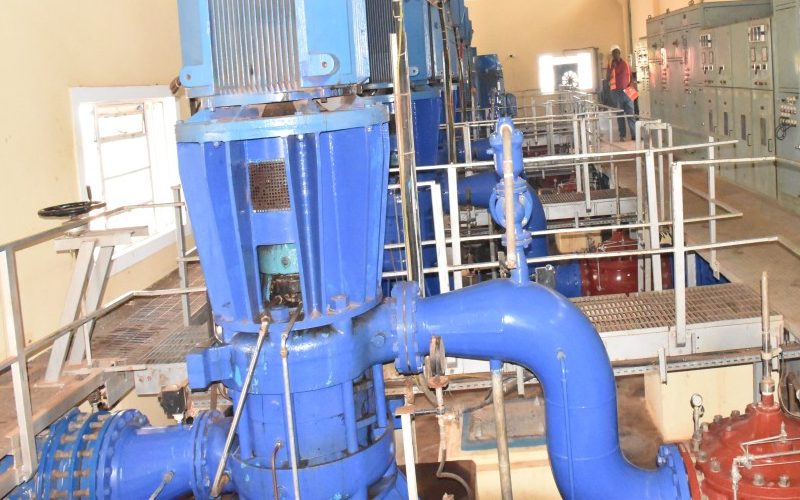KWS rescues cheetah cub raised by woman in Garissa
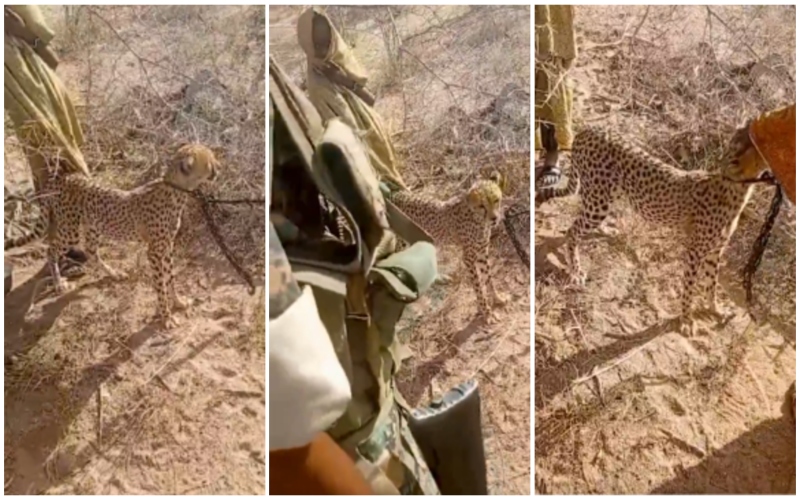
According to a statement released by the KWS Community and Wildlife Service Division, the woman’s actions reflected compassion and concern for the animal, but they also raised legal and wildlife welfare concerns.
In Kursi Village, Garissa County, a woman rescued a stranded cheetah cub and cared for it for almost two years, feeding, bathing, and keeping it on a leash as though it were a domestic pet.
The Kenya Wildlife Service (KWS) has confirmed that the animal has now been relocated to professional care at the Nairobi Safari Walk.
More To Read
- Garissa commissioner vows crackdown on crime amid surge in violence
- Chad cuts ties with Prince Harry's wildlife charity over alleged poaching
- Garissa Assembly demands accountability over inconsistencies in road project reports
- Court halts implementation of KWS' park entry fee hike
- Revised national park entry fees and vehicle charges
- Court nullifies Garissa’s Kamuthe Conservancy registration in landmark land rights ruling
According to a statement released by the KWS Community and Wildlife Service Division, the woman’s actions reflected compassion and concern for the animal, but they also raised legal and wildlife welfare concerns.
The agency said it became aware of the case and moved to intervene after receiving reports from the community.
“In Kursi Village, Garissa County, a compassionate woman once rescued a stranded cheetah cub and lovingly raised it as her own for nearly two years, feeding, bathing, and even leashing it like a pet cat,” the statement said.
KWS said that while the woman’s actions were well-intentioned, keeping wild animals, even out of affection or a sense of duty, is not permitted under Kenyan law.
The agency explained that the Wildlife Conservation and Management Act (WCMA) seeks to protect wild animals and ensure their well-being within their natural habitats. The law prohibits any person or institution from keeping wild species without authorisation from KWS.
Following the intervention, officers from the KWS Garissa office safely recovered the cheetah cub and handed it over to the veterinary team.
The statement said the animal underwent a full health check, including the collection of samples for laboratory analysis and the administration of parasite control treatment. After assessment, the cub was transferred to the Nairobi Safari Walk, where it is now under the supervision of wildlife experts.
KWS said that the cub’s relocation to the Safari Walk is part of wider conservation and education efforts designed to promote awareness about wildlife protection.
The agency said the animal will remain under observation while specialists continue to monitor its health and behaviour to determine the best way to integrate it into ongoing conservation programmes.
In its statement, KWS thanked the woman for her compassion, noting that her decision to care for the cub had likely saved its life at the time it was stranded. However, it emphasised that wild animals belong in the wild and that caring for them outside their natural environment can have long-term health and behavioural consequences.
“We deeply appreciate the Good Samaritan’s compassion and remind all Kenyans that true coexistence means protecting wildlife where they belong — in the wild,” the agency said.
Under the Wildlife Conservation and Management Act of 2013, individuals or organisations are not allowed to keep wild animals as pets without a licence issued by the KWS Director-General. Before issuing such a licence, KWS must evaluate the applicant’s qualifications, the condition of the proposed facility, and the capacity to provide proper care.
Violating these provisions can attract legal penalties.
Top Stories Today



